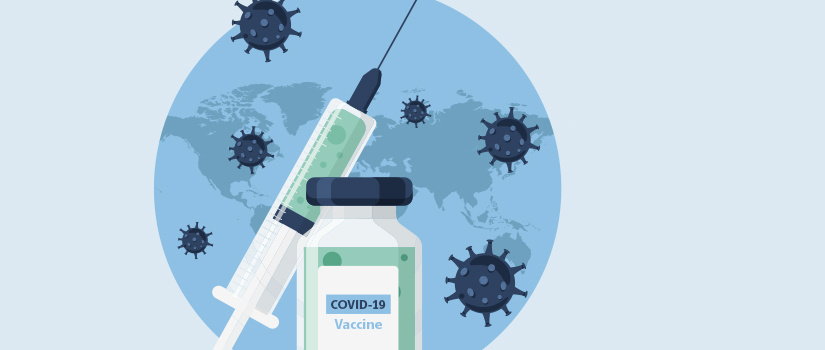Pharmacy researchers work to identify underserved areas in South Carolina
Researchers with the College of Pharmacy are playing a significant role in the effort to provide greater access to health care in rural areas of South Carolina.
Tessa Hastings, Bryan Love and Gene Reeder have teamed up with the South Carolina Center for Rural and Primary Healthcare to identify vaccination deserts and access to community pharmacies as part of a plan to facilitate immunization and pandemic preparedness.
With support through a grant from the center, the team focused the first phase of its project on identifying pharmacy and vaccination deserts across the state. Using that data, the center then created a map to help visualize those deserts and find areas that are within a 15-minute drive to a pharmacy.
“By identifying where pharmacies are located along with information about underserved areas, we hope to improve the vaccination rates in those areas,” Love says.
The second phase is evaluating the existing capacity of pharmacists to provide influenza and pneumococcal vaccines, as well as the addition of vaccinations for COVID-19.
Community pharmacists are trusted and easily accessible — and that is key in this era of vaccine hesitancy.
Tessa Hastings, Ph.D. Assistant Professor, College of Pharmacy
“Community pharmacists are some of the most accessible and trusted immunization providers,” Hastings says. “We want to find the barriers that may be preventing them from providing vaccines and find ways to help them overcome those barriers.”
Reeder, who serves as director of Outcomes Research for the College of Pharmacy, used his background in design and analysis to help guide the project. He emphasizes that pharmacists can have a major impact in providing care to patients in rural areas.
“Getting pharmacists certified to provide vaccinations and engaging them in the education of patients about vaccine safety will go a long way toward improving public health,” he says. “We initially were looking at increasing the number of flu vaccines, then along came COVID.”
Hastings notes that many South Carolinians live in rural areas and statistics demonstrate that only about 50 percent of residents receive an annual flu vaccine.
“Studies show there are serious gaps in health care that lead to lower vaccination rates and worse health outcomes,” she says. “Community pharmacists are trusted and easily accessible and that is key in this era of vaccine hesitancy.”
